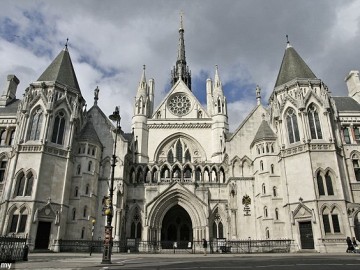
Unfair dismissal and investigations

-
Posted by admin
- Posted in Employment Solicitors ChesterNewsUncategorised
How much investigation into misconduct allegations does an employer need to do?
This was the question considered by the Court of Appeal in the case of Rajendra Shreshtha -v- Genesis Housing Association Limited.
Factual background
Mr Shreshtha was employed by the Housing Association as a support worker. As part of his role, he travelled by car to see clients at their home. He was entitled to expenses for mileage travelled on such journey’s and entitled to an “essential car user allowance” of £1,000 per annum if he drove at least 2,500 business per annum.
Mr S claimed the extra allowance together with his mileage expenses. As he had not claimed the allowance before, an audit into his mileage claims was undertaken. The audit identified Mr S had claimed in excess of the actual (as checked against the AA route-finder figures for the same journey’s). Further investigation later identified that his mileage was double the AA route-finder mileage.
At the disciplinary hearing, Mr S’s defence was that the high mileage was due to difficulty in parking, traffic conditions, etc. The employer considered these, but held that they did not explain the reason for the high mileage claims. As a result, Mr S was dismissed for gross misconduct for over-claiming his mileage expenses fraudulently.
Mr S claimed unfair dismissal. This was not upheld by the Employment Tribunal, and so he appealed to both the Employment Appeal Tribunal and subsequently to the Court of Appeal.
Was the investigation reasonable?
One of the grounds for Mr S’s appeal to the Court of Appeal was on the basis that his employer had dismissed him without investigating all of his lines of defence. He suggested that his employer should have recreated the journeys and/or called the local highway authority about the road works at the time.
However, the Court of Appeal considered that such additional investigation was unnecessary. The employer had obtained the AA and RAC mileage calculators, compared the mileage claimed for the same journeys and had given the employee a full opportunity to explain the apparent discrepancies. The employer had then gone on to consider all of the explanations put forward by Mr S and assessed that these did not provide a plausible reason why every single journey had a higher mileage. The Court of Appeal considered that this was a reasonable assessment by the employer in the circumstances.
Comment
Employers can face difficulties in deciding how much investigation to undertake. Employers should certainly consider any defences advanced by the employee (as the Employer did in this case), but whether it is necessary to carry out a specific inquiry into them will depend upon the circumstances as a whole.






